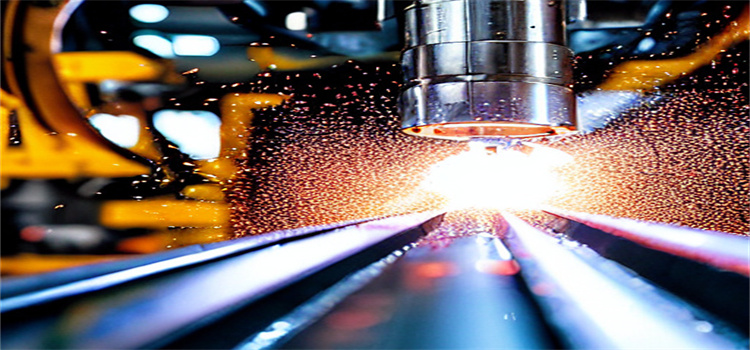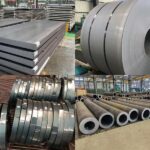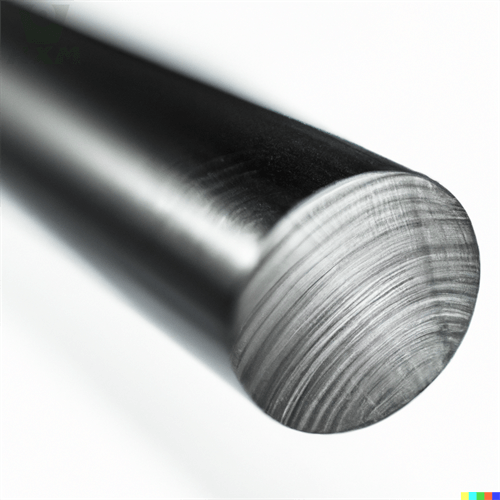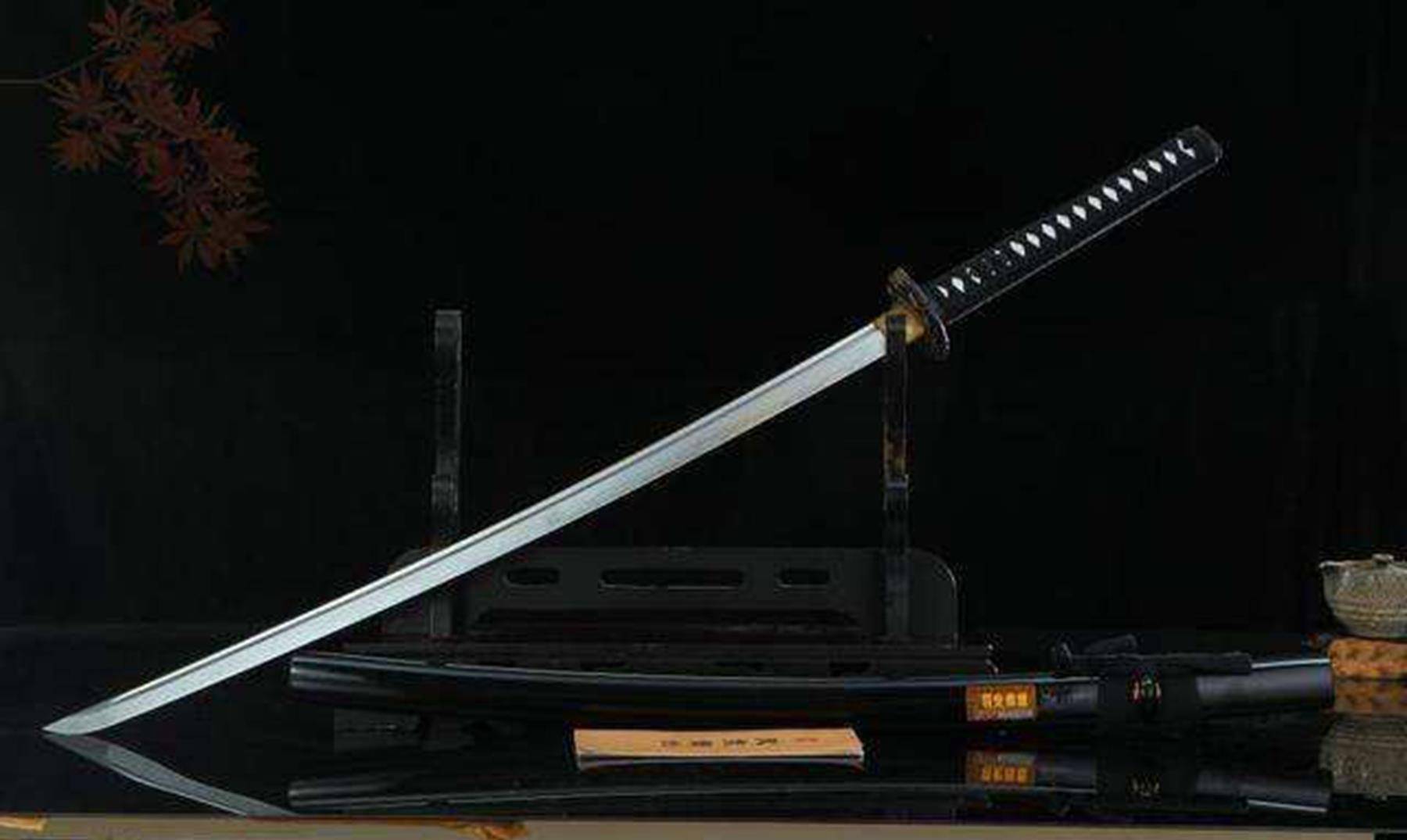In the metal industry, the debate surrounding is alloy steel better than steel is long-standing. Both materials have their unique characteristics and applications, making it difficult to declare a clear winner. However, as a seasoned expert in the field of metal materials from Huaxia Steel, I believe that alloy steel offers several advantages that make it a superior choice in certain scenarios.
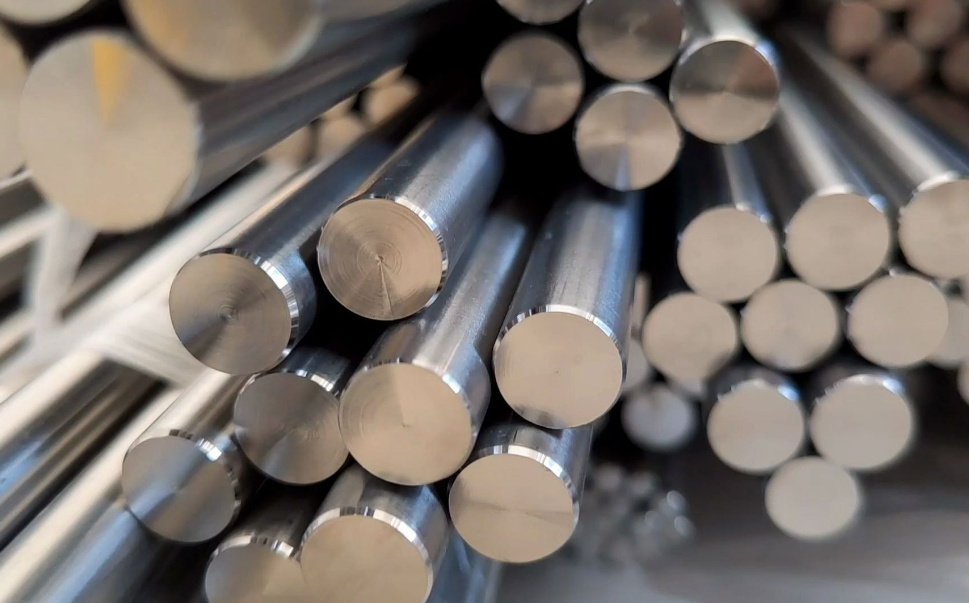
Is alloy steel better than steel?
Firstly, let’s delve into the fundamental differences between the two. Steel, in its purest form, is a combination of iron and carbon. Its simplicity and ubiquity have made it a staple in the construction, automotive, and machinery industries for decades. Alloy steel, on the other hand, is steel with additional elements like chromium, nickel, molybdenum, or titanium added to its composition. These alloys not only strengthen the base metal but also impart specific characteristics that make it suitable for specialized applications.
One of the most significant advantages of alloy steel is its increased tensile strength. The addition of alloys creates a more uniform grain structure, reducing the likelihood of fractures or deformation under stress. This makes alloy steel a preferred choice for high-load applications like bridges, cranes, and heavy-duty machinery.
Moreover, alloy steel’s corrosion resistance is noteworthy. The chromium content in stainless steel, a type of alloy steel, forms a protective oxide layer that prevents rusting. This characteristic is crucial in environments where exposure to water, chemicals, or salt is inevitable, such as in marine construction or chemical processing plants.
Another advantage of alloy steel is its ability to retain its properties at high temperatures. This thermal stability is vital in applications like furnaces, boilers, and other heat-intensive processes. Regular steel, by contrast, may lose its strength or ductility when exposed to extreme heat.
Of course, it’s important to acknowledge that alloy steel isn’t always the best choice. Its production is more complex and costly, reflected in the final price tag. For applications where cost is a significant factor, plain steel may offer a more economical solution.
So, is alloy steel better than steel? The answer isn’t straightforward. It depends on the specific requirements of the application. If you need a material that offers superior strength, corrosion resistance, and heat stability, alloy steel is undoubtedly the better choice. However, if cost is a primary concern, or if the application doesn’t demand such specialized properties, regular steel may be a suitable alternative.
Conclusion
In conclusion, alloy steel offers numerous advantages over plain steel, but its suitability depends on the specific context. As a metal industry expert, I recommend conducting a thorough analysis of your project’s needs and consulting with a qualified professional to make an informed decision. Remember, the right material choice can significantly impact the safety, durability, and cost-effectiveness of your project.
Thank you for reading our article and we hope it can help you to have a better understanding of the question: Is alloy steel better than steel? If you are looking for alloy steel suppliers and manufacturers online now, we would advise you to visit Huaxia Steel.
As a leading alloy steel supplier from Shanghai China, Huaxia Steel offers customers high-quality carbon steel, tool steel, alloy steel, and carbon steel tubes at a very competitive price.

